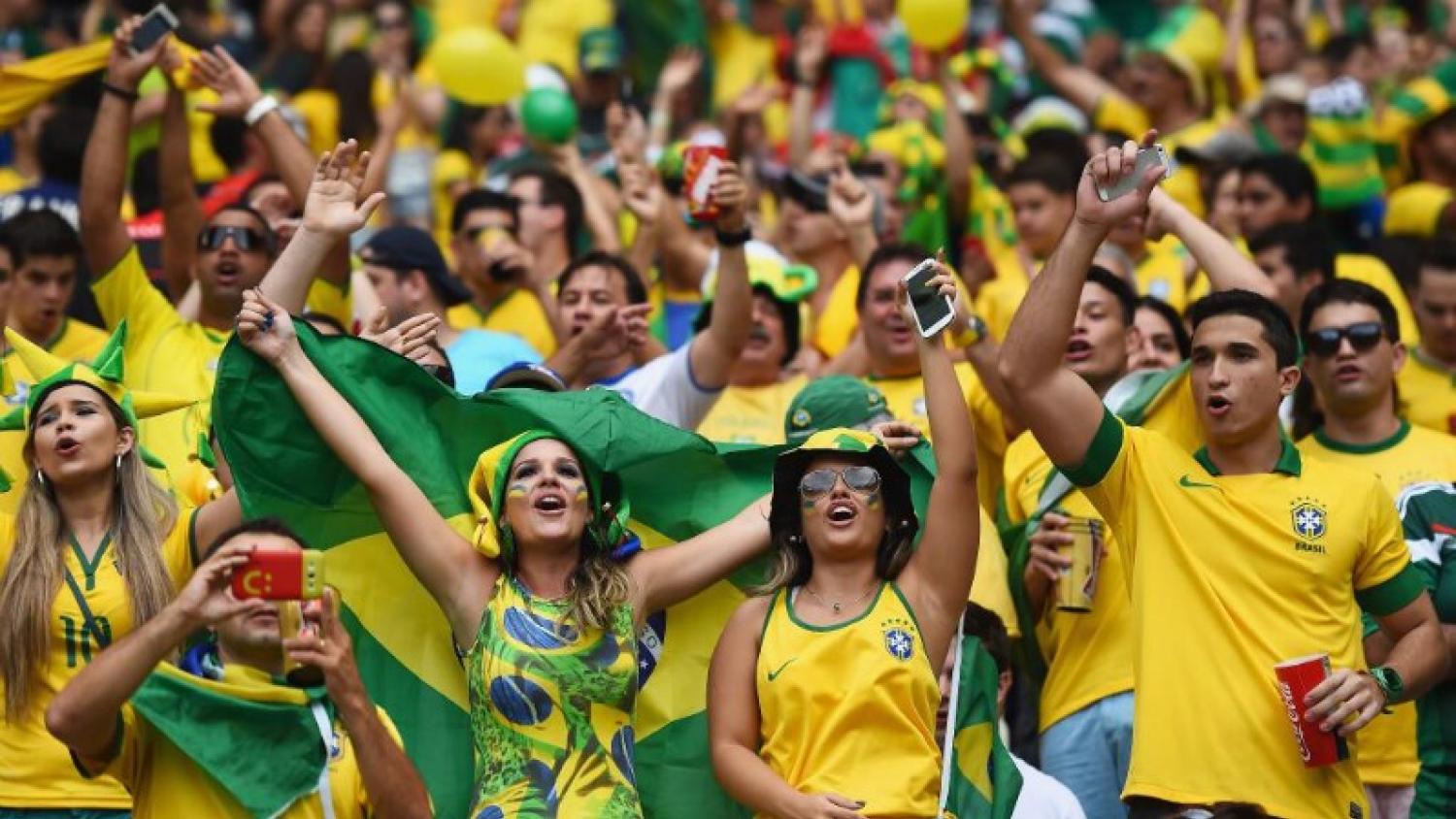It’s hard to put a finger on the pulse of this country. It’s not clear if it’s due to an ingrained love of fútbol, fútbol apathy, issues with the government, hatred and/or misunderstanding of FIFA, expectations for the national team…winter coming on? There is simply no consistent answer from people on the street, and that makes it hard to gauge the nation as a whole. It is such a divergence, a complication of opinions – it is impossible to make generalizations…the moment you think you have it figured out, you're met with evidence completely to the contrary.
One thing is for certain: the average citizen thinks daily life could and should be better and the government simply does not have the answers. Many countries may feel this way, but the feeling in Brazil is palpable. Basic infrastructure is lacking, transport does not function smoothly, strikes are commonplace and the education system is stretched, as are basic services. It all adds-up to a populace which is slightly on edge. And I have yet to mention the 2014 FIFA World Cup.
Again, attempting to sum up an entire country is a dangerous game, but here in São Paulo there seem to be some universal truths among its citizens. They were promised many things which were not delivered. This is almost par for the course when it comes to political posturing, but here it’s on a different level. The promises (monorails, airport upgrades, general infrastructure improvements) were to be financed with private funds. Some of these projects were specific to the World Cup, while many others were simply intended to make daily life better. While the good news is that more and more Brazilians are entering the middle class, it turns out the public is now being asked to pay for some of the improvements, which languish in various states of completion. Thus, the average person is expected to pick up the tab for some of the World Cup-specific upgrades and, while everyone supports the national team, this burden has not been met with open arms.

Recent protests have made clear the feeling of many Brazilians towards FIFA, but this doesn't necessarily dampen public pride in the Brazilian National Team (Photo: @fi_sonic | Twitter)
The sense of anger for those with and without a great stake in the tournament has not manifested itself as it did last summer; the tension, public demonstrations and frustration are nowhere near the levels they were during the Confederations Cup, when the citizens took to the streets en masse. Many people have told me the simple fact is that “this is the World Cup, and we are Brazilian after all...”
Yes, this country is fútbol mad and the sport is a "religion," but there is also a significant portion of the population who are not following the event so closely. Everyone wants and expects the national team to do well, but the "World Cup atmosphere" which transformed entire cities in Germany and South Africa is not on display to the same level here. However, the other side of the coin is this fact: Monday, when Brazil play their final group match against Cameroon (at 17:00 for most of the country) is an unofficial holiday. Most workers will leave at 12:00. When I asked if this was standard amongst all companies, the answer was, "Well, if they don’t get it off, they’ll just take it off."

Fútbol may be a religion in Brazil, but - as critics point out - investment in fútbol and the World Cup will not raise the standard of living for most Brazilians (Photo: @globalvoices | Twitter)
Fútbol has been famously known to halt a war and bring people together in ways that are unprecedented, and that is happening here - just to a lesser degree. Fútbol cannot finish a bridge, update an airport or push even more people up the economic ladder. Money being funneled into fútbol and not into education has produced the popular slogan, "A teacher is worth more than a Neymar." The people expect more from life, and fútbol is not giving it to them.
However, when Brazil play on Monday, the country will grind to a halt - and, perhaps, for 90 minutes (give or take) forget all the controversy and complex feeling surrounding this World Cup.

 Home
Home

